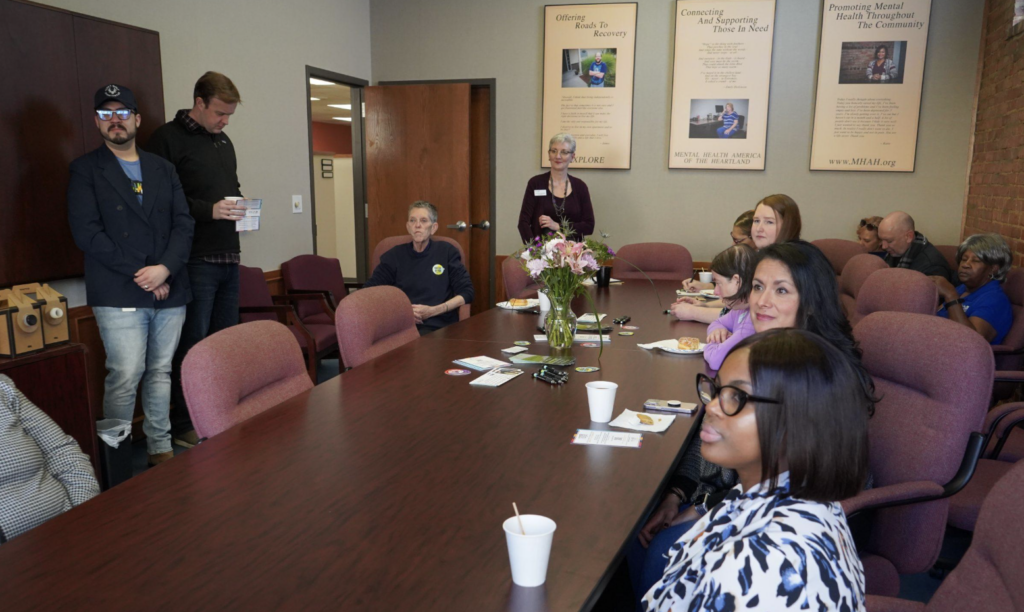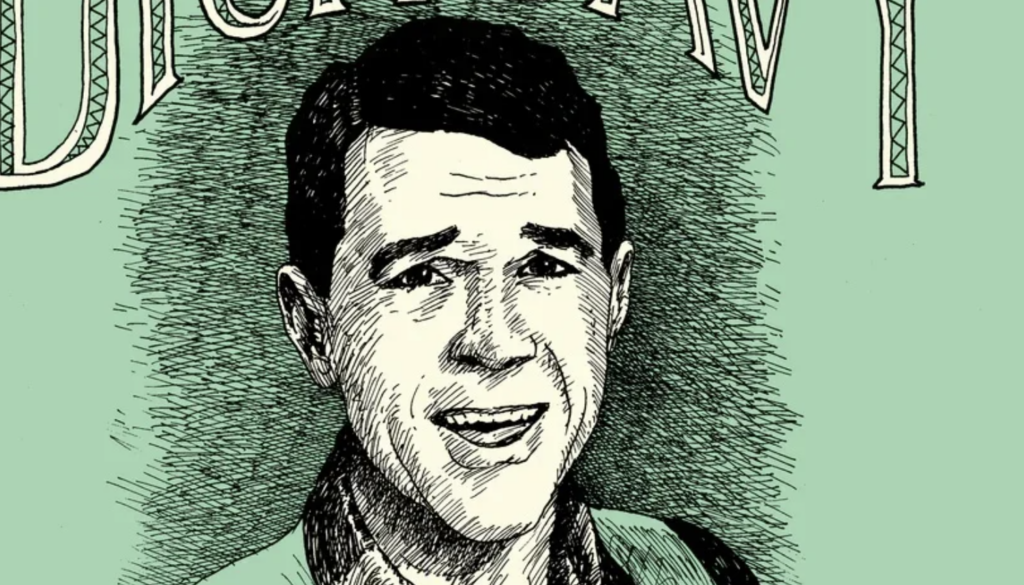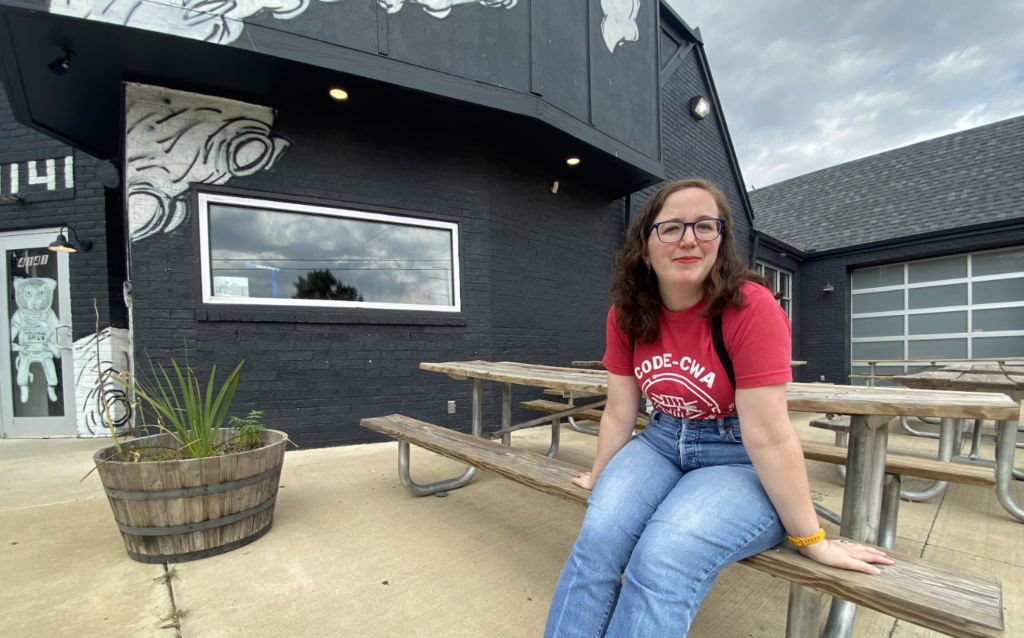Chris DeVille remixes 21st century indie rock’s rise with new book, upcoming KC Library event
“Indie rock” as a genre is unfortunately near-universal in its applicability. There’s an idea of what the sound technically reflects, but you can find the wording applied to everything from noise electro to death metal to, on at least one occasion I’ve witnessed, even Taylor Swift. So to hear that a single writer would take a stab at not only the staggering task of reigning in the nomenclature, but also committing an interpretive history of the entire run? Daunting! A daunting task that only someone immersed in this for decades would dare tackle.
Luckily for us, Chris DeVille is just that guy.
As editor at Stereogum and numerous other publications over the years, DeVille is uniquely positioned to pen not just a framing for understanding the industry and its perilous path, but also a love letter to the momentous highs and lows within. His new book, Such Great Heights, is an affectionate survey of indie rock’s 21st-century arc—from bedroom recordings to corporate sponsorship, from Pitchfork credibility to Spotify algorithms—anchored by personal anecdotes and critical rigor. For those who lived through it, this is far more than a retro trip back to your MySpace page, and for those who came after us, it is a certifiably determined and deliberate look at a scene, a business, and a spirituality—warts and all. DeVille doesn’t shy away from calling out the biggest problems and cringe-inducing blind spots in the material (and the musicians) on display, but also deftly deploys adoration where it was earned.
DeVille is in town for a discussion of the book at the Plaza branch of the KC Library on September 2. We sat down ahead of that event to discuss losing our edge, the pitfalls of entertainment journalism, and the unexpected (or unwelcome) exploration of pirating mislabeled tracks.
The Pitch: Where did you find the germ of an idea to tackle something as expansive as the entirety of “indie rock”?
Chris DeVille: I wanted to take on a bigger creative project. I was at the point in my life where there was an opportunity and a pull toward that for career reasons and creative reasons. I’d been getting into podcasts like Cocaine & Rhinstones and 60 Songs That Explain the ’90s, which are just shows where a person is talking—journalism or essays presented audio style—and I was into that. I’d thrown a lot of research into the history of Merge Records, so that seemed like a natural fit for an extended podcast, but I’m also at the point in my life where a huge undertaking requires the promise of a financial payoff at the end. That project went back on the shelf.
I started thinking about my lifetime of experience, and I felt like indie rock had a history that hadn’t been sufficiently articulated, especially in how it morphed into pop music over a couple of decades. You’ve read the book and know where this goes… a lot of documentation from an era where the entire music ecosystem transitioned, finally in book form. What absolutely hadn’t transitioned to a book was information from older corners of the internet, where a lot of interviews and articles are dead now—full media networks and sites that have just been wiped, and blogs that don’t exist, and social media accounts that were deactivated. I felt like I was the right person to be able to dig up a lot of that, but also to have perspective from the time about what was valid or where these sources had their perspectives directed. 
The Pitch: How much of the book wouldn’t have worked without the Wayback Machine?
Quite a bit. Everything about, say, Hipster Runoff helped add details that the book would be lesser without.
The Pitch: Does the disappearance of music journalism into that void negatively impact, not just our understanding of an era, but the future of music?
There are connected artists these days but the journalism around these scenes is far more disconnected. You have the hustle of newsletters covering it, whether on Substack or Beehiiv or Ghost, but there are very few people whose full time job is to cover indie music. They’re mostly doing it as a passion project, and that’s just the way the culture has over. Fewer peopole are going out to shows in the younger generation and they’re less likely to congregate in physical spaces, so when these scenes pop up they need to be fostered, because they’re precious.






